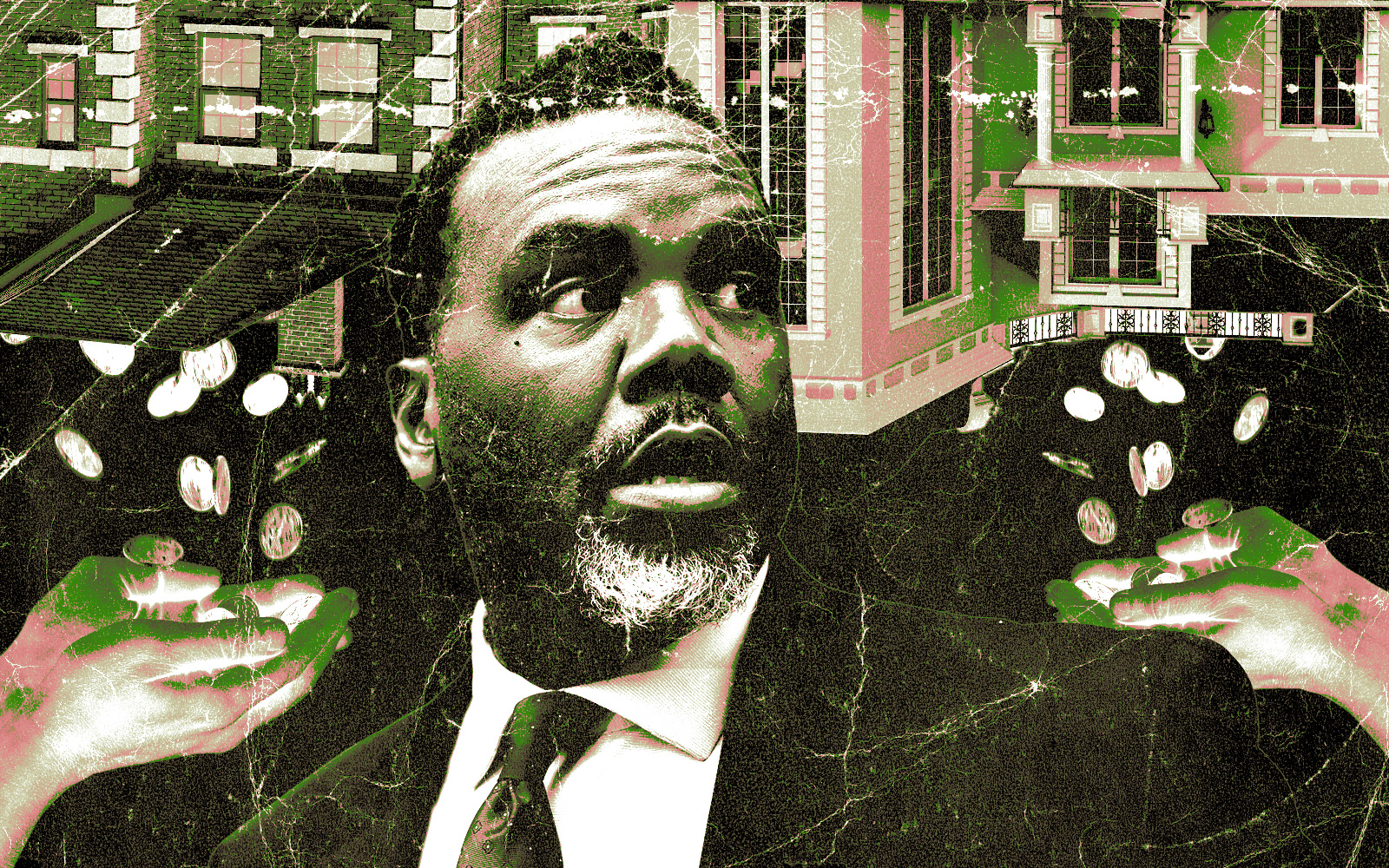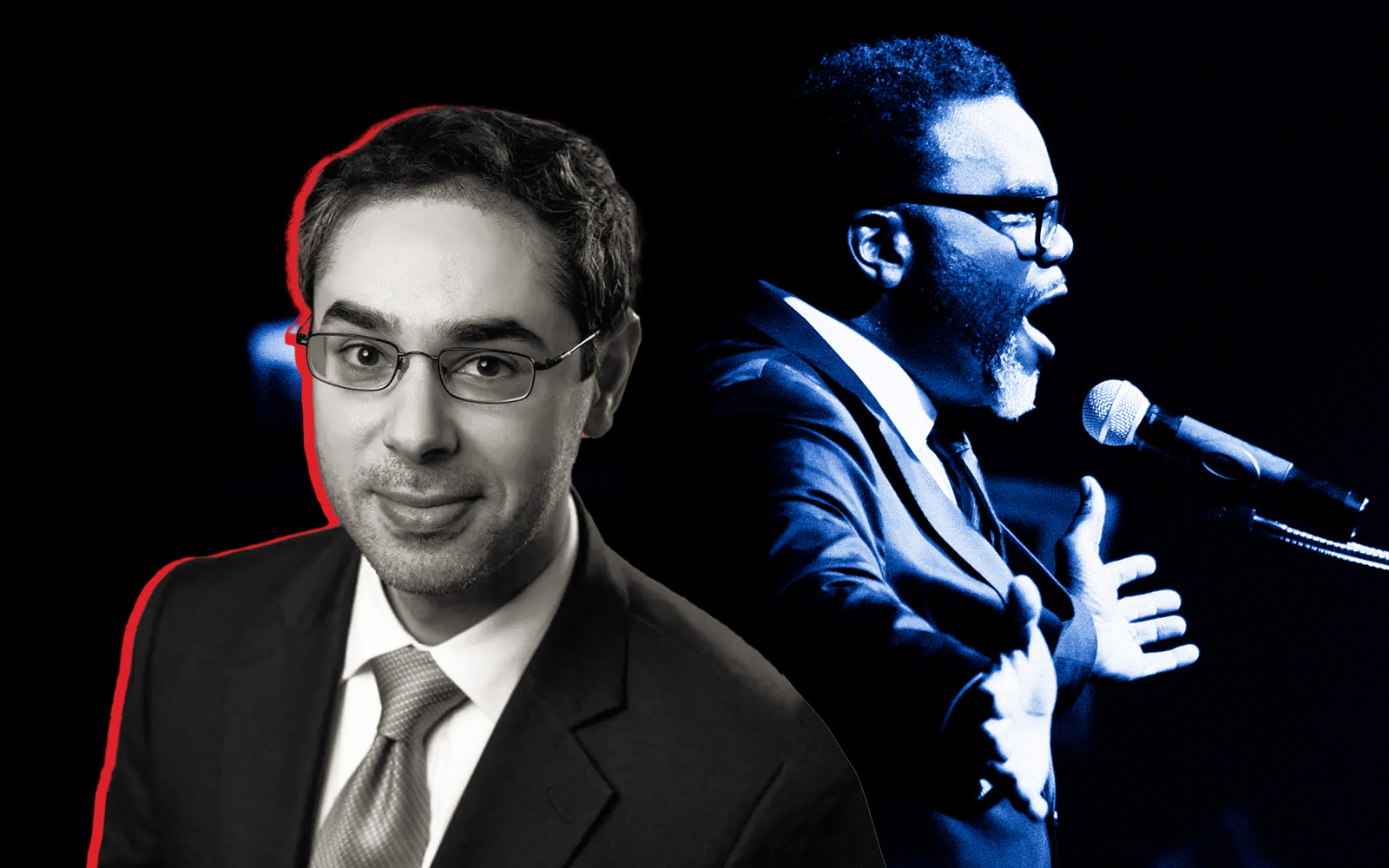Mayor Brandon Johnson is working to follow through on his campaign promises.
The new mayor and his administration have begun discussing a range of policies on par with Johnson’s progressive agenda, including increased wages and benefits for the working class and mental health and the controversial transfer tax increases, Crain’s reported.
The transfer tax — a one time fee when purchasing a property — was at the forefront of Johnson’s campaign. At one point, he proposed tripling the rate on all property sales of $1 million or higher, with the goal of using the increased revenue to curb homelessness and provide more affordable housing.
On July 27, city staffers will discuss the initiative, called Bring Home Chicago. Johnson hoped Illinois lawmakers would amend a state law during spring legislative sessions to enable the hiked transfer tax, but officials shut down the idea. Thus, the Chicago City Council aims to place a referendum on the ballot next year, likely in the March primary. If approved, the Johnson administration could raise the tax without permission from the state.
It’s unclear how much the Bring Home Chicago plan will be tweaked, but Johnson spoke about the importance of being flexible when crafting new laws. The policy has drawn criticism from the real estate community, as people fear that increased taxes and too much regulation would steer businesses away from the city. However, the new mayor encourages opponents to focus on the program’s potential impact on homelessness and mental health.
“People are snapping and we don’t have enough people who have the ability to de-escalate, to problem solve,” he told the outlet. “We are asking way too much from our police officers.”
Read more



During Wednesday’s legislative session, Ald. Mike Rodriguez proposed a policy that would give full-time employees in Chicago 15 days of paid leave. The legislation would allow workers to take paid time off without providing a reason to their employer.
Aldermen Jessie Fuentes and Carlos Ramirez-Rosa introduced a plan to raise Chicago’s sub-minimum wage from $9 to $12 per hour by July 2024 and to match the city’s standard minimum wage of $15 by July 2025.
—Quinn Donoghue
